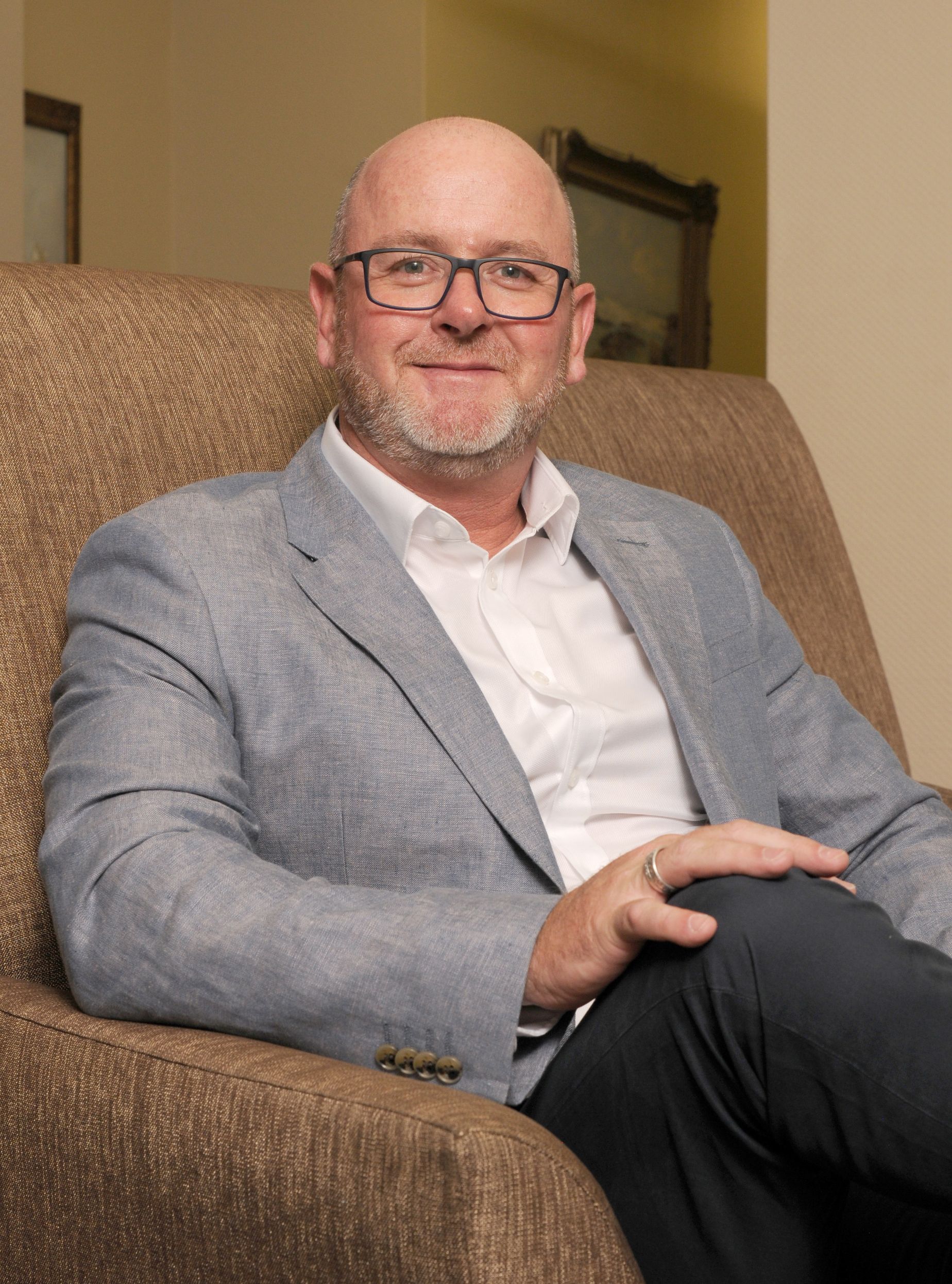BUSINESS NEWS - In an age where scams, misinformation, and digital fraud are rampant, trust has quietly become the most valuable commodity in business.
Small businesses that are thriving are not necessarily the ones with the flashiest technology or the deepest pockets, but they are the ones who can inspire confidence, build credibility, and turn trust into a competitive advantage.
South Africa’s entrepreneurial ecosystem is alive with opportunity, but it is also challenged by scepticism. Consumers have become wary of fly-by-night operators, overpromises, and under delivery.
Investors have become more cautious, looking for solid fundamentals before they part with capital. And suppliers and partners are more selective about who they work with.
In this environment, trust is the new currency. It determines who gets the sale, who gets the funding, and who gets the partnership deal. And unlike cash, trust cannot simply be transferred but has to be earned, transaction by transaction, interaction by interaction.
The good news is that for entrepreneurs, this presents a huge opportunity. Building trust doesn’t necessarily require massive budgets or global brand recognition. It requires consistency, transparency, and a commitment to putting the customer at the centre of the business.
Consider how credibility can be a powerful differentiator in sectors plagued by low trust. For example, financial services organisations that openly communicate how they secure client data and protect transactions win over hesitant users.
In e-commerce, businesses that invest in clear return policies, fast delivery, and responsive customer service outperform competitors who leave customers feeling exposed.
Entrepreneurs can also leverage storytelling to build trust. Sharing the ‘why’ behind the business in terms of why it exists, who it serves, and what values guide it humanises the venture and builds a connection with the audience. Consumers increasingly want to support businesses that are authentic and aligned with their values.
Of course, trust must also be protected. In a digital economy, one security breach, one social media backlash, or one viral customer complaint can undo years of reputation-building. This means entrepreneurs need to be proactive about risk management, from cybersecurity to ethical supply chains.
Trust doesn’t just happen — it is built, communicated, and sustained. For entrepreneurs, this means learning how to consistently deliver on promises, communicate with transparency, and build authentic relationships with customers, employees, and investors. Yet many brilliant founders underestimate just how central trust is to their success.
That’s why training and coaching are essential. Initiatives such as Nedbank Pitch & Polish are essential as they equip entrepreneurs with the soft skills to inspire confidence, the discipline to maintain credibility under pressure, and the ability to translate integrity into competitive advantage.
In an era where customers and funders are more cautious than ever, entrepreneurs who master the art of trust will always have the edge.
The programme does more than teach entrepreneurs how to pitch. It teaches them how to position themselves as credible, investable, and trustworthy.
By refining business models, clarifying value propositions, and stress-testing assumptions, Nedbank Pitch & Polish helps entrepreneurs build not only a great pitch, but also a trustworthy business foundation.
The entrepreneurs who treat trust as an asset will see returns that compound over time. They will find it easier to retain customers, secure referrals, attract investors, and build strong partnerships.
Winners will be those who realise that trust is not a by-product of business success but it is the very engine that drives it.
Article: Alan Shannon, Executive: Small Business Services and Private Clients, Nedbank

‘We bring you the latest Garden Route, Hessequa, Karoo news’
















